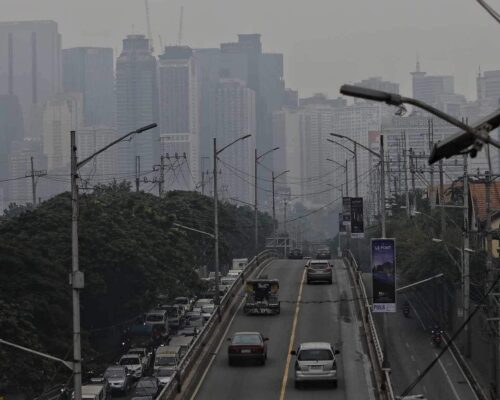Philippines
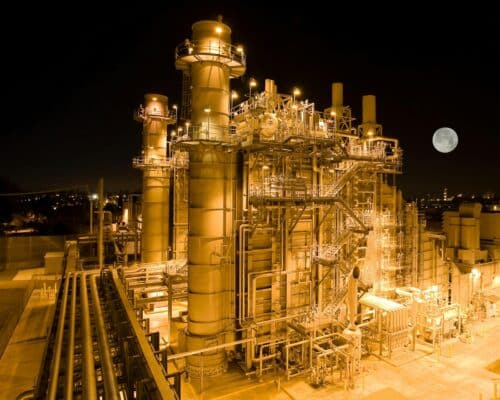
Gas Turbine Shortage in Vietnam and the Philippines
Experts note that delays, exacerbated by global gas turbine shortages, and regulatory and bankability challenges are giving clear market signals to move away from gas projects and scale up renewables and battery storage deployments instead.

What Lawmakers in the Philippines Can Do To Lower Power Prices
While the Philippines has made strides in developing its clean energy market, accelerating the energy transition to levels consistent with a net-zero aligned pathway requires scaling up the build-up of renewables, expanding the power grid and limiting new fossil fuel capacity and imports.
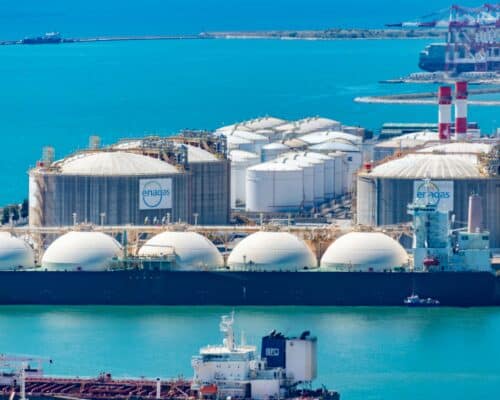
Philippines LNG Imports Costing Households Billions
Experts warn that plans to expand LNG import infrastructure, paired with the volatility of the fuel on global markets, will financially burden the country, as well as significantly increase electricity prices for consumers at times when cheaper, cleaner, renewable energy alternatives remain underutilised and readily available.
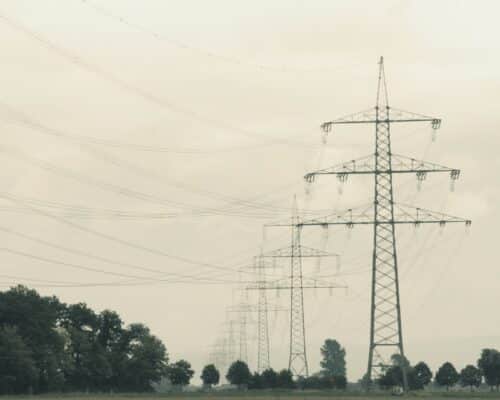
Cost-cutting Solution for Companies in the Philippines
Experts note that addressing the economic and social repercussions of the high electricity costs in the Philippines requires policy reforms that prioritise investments in renewable energy and reduce the reliance on fossil fuel imports.

Climate Tops Voters’ Priorities As Asia Pacific Braces for 2025 Elections
The elections that are about to take place all over APAC in the upcoming months provide candidates with an opportunity to acknowledge ambitious climate and emissions reduction action not only to appease climate voters but also to guarantee economic growth, energy security and better handling of the cost-of-living crisis.
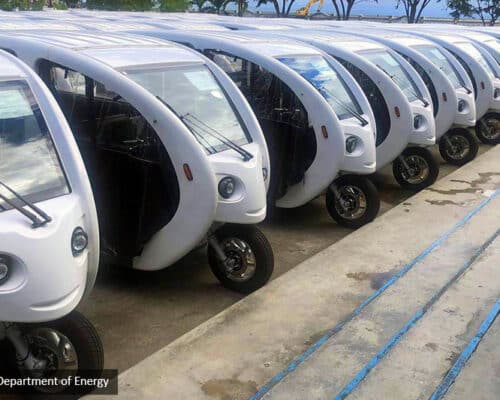
Accelerating Electric Cars in the Philippines in 2025
The EV market in the Philippines is small but growing. By 2040, the country aims for 50% of vehicles on the road to be EVs. To meet this target, the government must provide more support for EV manufacturers and consumers.
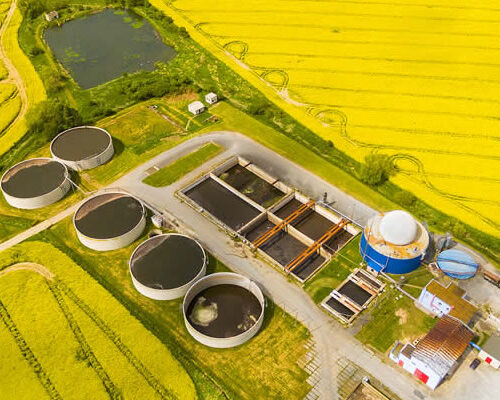
Biomass Energy in the Philippines: From Waste to Power
Biomass energy is a zero-emissions energy source that is vital to the country's energy landscape. Additionally, its growth is an essential focus for the country's renewable energy goals. However, the government must address feedstock concerns and provide regulatory support for the industry to grow.
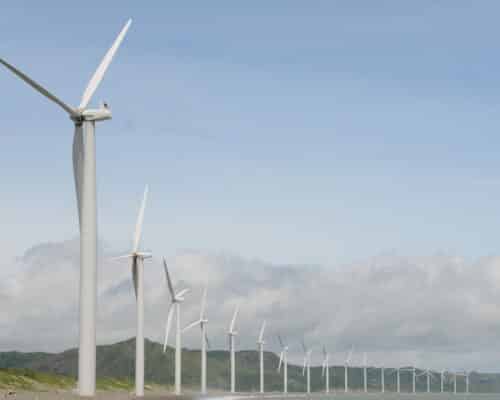
Energy Efficiency in the Philippines: The NEECP
The Philippines is one of the most at-risk countries for climate impacts. Improving energy efficiency across all sectors is a central part of its climate mitigation strategy. The recent NEECP roadmap will guide the country's energy efficiency improvements over the next three decades.
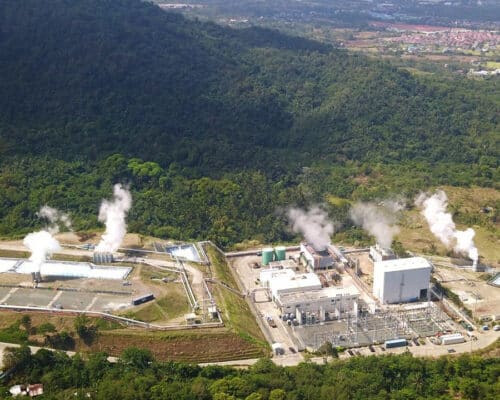
Geothermal Energy in the Philippines: A Sustainablity Powerhouse
Geothermal energy is a sustainable and reliable source of power for the Philippines. The country has significant geothermal resources and is located along the Ring of Fire. As a result, the country has the world's third-largest geothermal capacity.
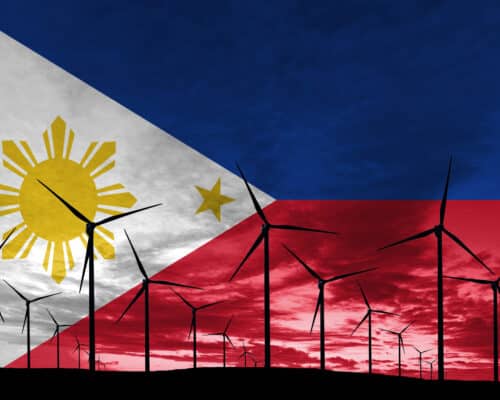
The Challenges of Financing Renewable Energy Projects in the Philippines
The Philippines has made progress in developing more renewable energy projects for its power sector. However, domestic banks need to streamline the process to bring more projects online and level the playing field between projects backed by politically connected corporate interests and smaller investors without the advantages of political and corporate backing.

LNG Projects in the Philippines: Share of San Miguel Corporation
The Philippines continues its liquefied natural gas (LNG) development trajectory despite its cost, environmental impact and widespread disapproval. Manila-based conglomerate San Miguel Corp. (SMC) is spearheading this development.
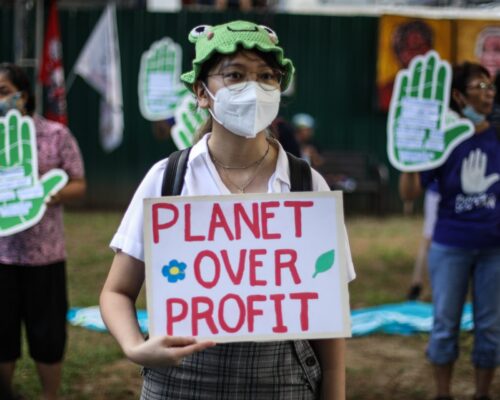
Climate Change Laws And Policies In The Philippines
The Philippines is one of the most at-risk countries for climate impacts. As a result, the country has implemented laws and policies to implement climate mitigation and adaptation into its core processes. However, these policies must be updated and enforced to create long-term change.
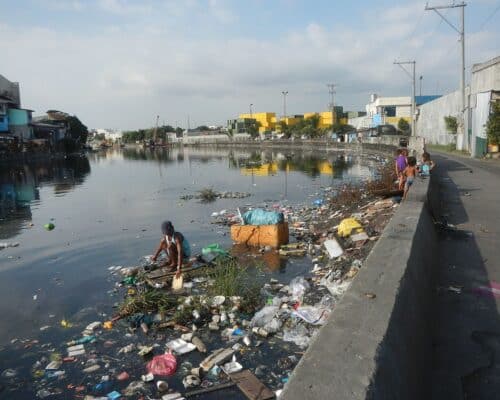
Water Pollution in the Philippines: Causes and Solutions
The Philippines' Water pollution primarily stems from industrial processes, agriculture and domestic sewage. These sources create poor water quality across the country and are tied to environmental, economic and public health concerns. Stricter regulation and increased sanitation services are critical to improving the country's water quality.
Most Popular
Categories
-
10
-
35
-
126
-
4
-
17
-
46
-
52
-
11
-
10
-
15
-
24
-
6
-
1
-
5
-
6
-
284
-
200
-
17
-
24
-
1
-
1
-
23
-
41
-
44
-
88
-
18
-
86
-
41
-
17
-
11
-
43
-
54
-
86
-
299
-
22
-
44
-
36
-
11
-
42
-
36
